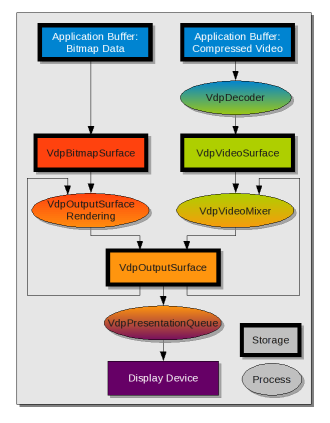Phoronix: GStreamer Adds NVDEC NVIDIA GPU Decoding Support
GStreamer now has a plug-in for supporting accelerated video decoding using NVIDIA's VDPAU-successor, NVDEC...
GStreamer now has a plug-in for supporting accelerated video decoding using NVIDIA's VDPAU-successor, NVDEC...





Comment